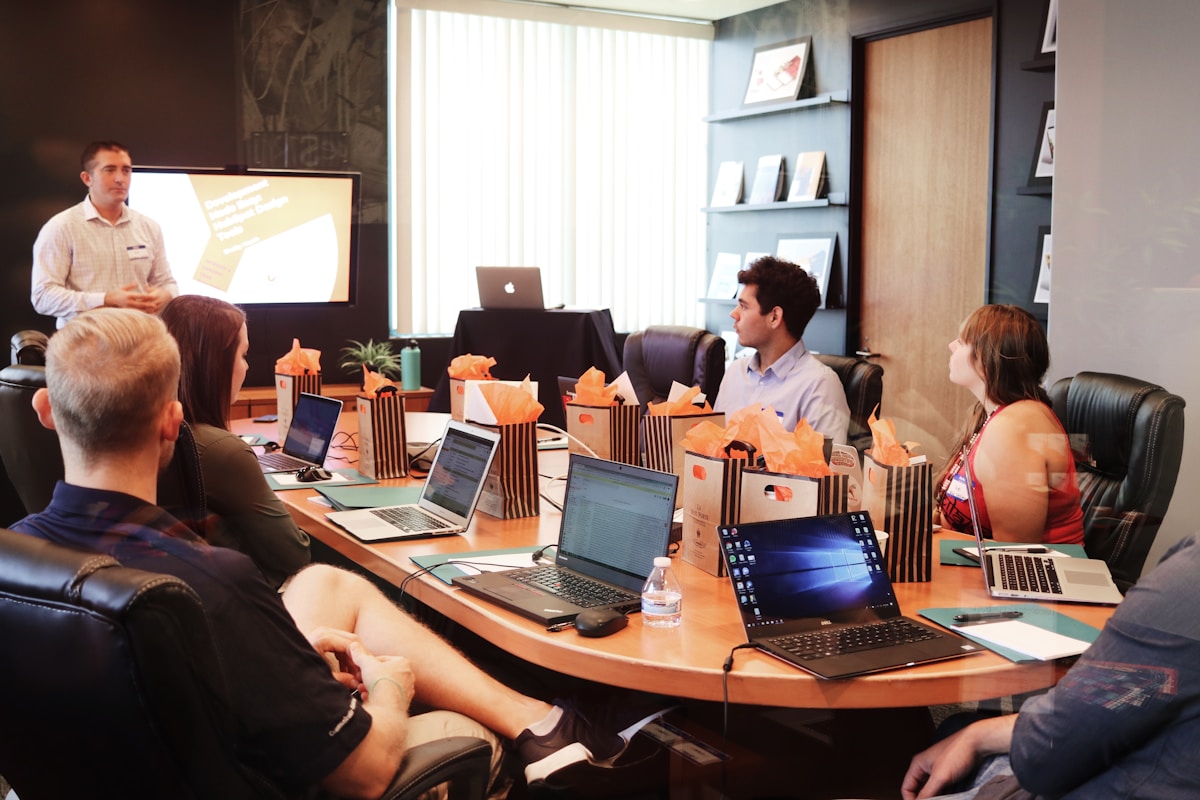How Expression Insurance use AI to design and deliver services
IDEX Consulting spoke to Jim McCall, CEO of Expression Insurance, a niche insurance company that insures independent retailers and restaurants for public liability, employer liability, stock and contents, legal expenses and many other products, about their use of AI and how it’s a staple aspect of the company’s business model.

Highlights:
- Expression Insurance uses AI to gather intelligence on hospitality and retail businesses
to create a ‘virtue score’ and provide them with accurate and tailored
insurance products. - Future projects include training virtual chatbots on lengthy insurance documents to improve
the customer experience by answering queries quickly and accurately. - Hiring data professionals will continue to be a priority.
- Soft skills and a willingness to learn and embrace AI tools is a must for non-technical roles,
What do Expression Insurance do?
We sell packaged insurance services to retail and hospitality, small medium enterprises (SMEs). We do that through a new way of identifying risk for businesses above the traditional underwriting model, which provides a more bespoke and accurate valuation. We select and competitively price good business risks through the creation of a score based upon publicly available reviews, ratings and feedback of SME business. Our business model therefore involves gathering a huge amount of data from a range of sources, and AI plays a key role in that.

How are you using AI and what benefits has it created?
There's a number of areas where we’re currently using AI, some of these include the following:
Data aggregation
Our business and underwriting model uses automation software to pull data across the entire market. This enables us to understand a business’ risk factors and consequently underwrite them in advance. Using this process of automated aggregated data speeds up the underwriting and evaluation process.
Going forward, once we have enough data, we might potentially use this model to look at our claims and pricing estimates, to help us further categorise insurance packages.
Content marketing
We use some of the large language models, like ChatGPT for some of our content marketing, especially when shortening blogs for use on social media. This means our marketing team can focus on more strategic work and be more effective.
Tools like ChatGPT are especially useful for thought leadership research. For example, when we need to write advice pieces for the hospitality industry, on topics such as, ‘How to get a license for outside tables’ and ‘How to get more customer reviews’, which is helpful for businesses looking to save money on their insurance.
Purchasing products
We also use machine learning models to triage query submissions for insurance packages. This helps customers purchase the package best suited to their needs. It’s a really simple and effective way of ensuring a smooth customer journey, helping an individual access a specific product they need quickly. A person just clicks on a link or scans a QR code, and they’re directed to our website where they can choose the right package.
Simplifying policies and documents
There are sometimes instances when customers don’t always understand what they’re insured for. It’s difficult for anyone to digest and understand a 50 page document with complex language and terminology, so we’re looking at training a virtual chatbot to answer customer queries. Our aim is to train the programme on long policy documents and FAQs, so they can easily pull-out key information and facts to answer customer queries accurately.
Image recognition and customer review analysis
We are using AI models to evaluate building images. For example, a potentially untidy, dirty or unsecure looking premise could indicate more risk because of safety and health issues. We don’t use Street View, but it’s a similar source which gives us a really clear and accurate view of spaces and the risks they may encounter. This helps us to build a virtue score to help us price our insurance products accurately and fairly. So, for example, if a company scores low on the grading scale they may not get as many discounts in comparison to a high scoring business.
Have you created or changed any roles, as a result of AI?
Our business model focuses on working with talented data scientists, engineers and tech engineers from a range of industries, and then augmenting that team with brilliant sales and service agents / managers. For us it’s about starting with human intelligence and working out how we can automate some of that to improve efficiencies and work smarter, ultimately leading to a better customer experience. Technology based roles have always been at the heart of the company and it’ll continue that way, as we look to hire more data professionals, as we scale.
Having said that, I think what is really key here is how you train and encourage the more ‘traditional roles’ to understand these tools and feel empowered to use them.

What training are you providing to employees to support them with AI adoption?
We’ve spent time with our sales and service teams to help them understand the opportunities AI will create, and how they can use it to their advantage. There’s also a lot of information sharing across teams regarding machine learning and tools, especially through activities like hackathons. As mentioned, we’re also training a virtual assistant to decipher long policy documents and answer questions correctly.
We also encourage our teams to join webinars and events that occasionally come up, or are recommended by our tech investors, so we can drive and embed a forward-thinking learning mindset, and culture.
What future skills are you looking for from employees in an AI powered future?
It’s important for us to bring in people who are familiar with machine learning and know how to write Python and use similar software. The ability to understand and use programming language, and write prompts and commands, especially for generative AI, is always going to be fundamental to our work. It’s also valuable for underwriters to get to grips with how AI works, as well as using it to better identify risks.
On a less technical side, it’s about a willingness to embrace and learn how to use AI tools and platforms. Automation and machine learning tools will continue to grow in importance as businesses look to streamline their operations, so whether you’re a technical specialist or not, we all need to make a proactive effort to understand the value of augmented AI and how we can use it safely and effectively.
Is there anything you’re particularly concerned about with regards to AI/Machine Learning?
I think it’s important to be aware of the risks of large language models, especially in terms of factual inaccuracies and biased information. Due to structured data algorithms, AI also has the potential to exacerbate racism through standardisation and errors, so it’s important to review and edit information accordingly. Misinformation and fake news, particularly mock imagery and videos, also known as ‘deepfakes’, is also something that businesses need to be aware of.
As we all know, AI will never be able to replace human emotion or empathy. When you think about some of the most impressive and impactful campaigns over the last 20 years, they’ve all involved emotionally engaging copy and human connection, which can’t be replicated by technology. So, it’s important to remember that AI and Machine Learning will continue to augment our services, products and delivery, not replace it.
If you’d like more information on Expression Insurance and how they can help you, visit their website or contact them on 01273 071689 or info@expressioninsurance.co.uk.

